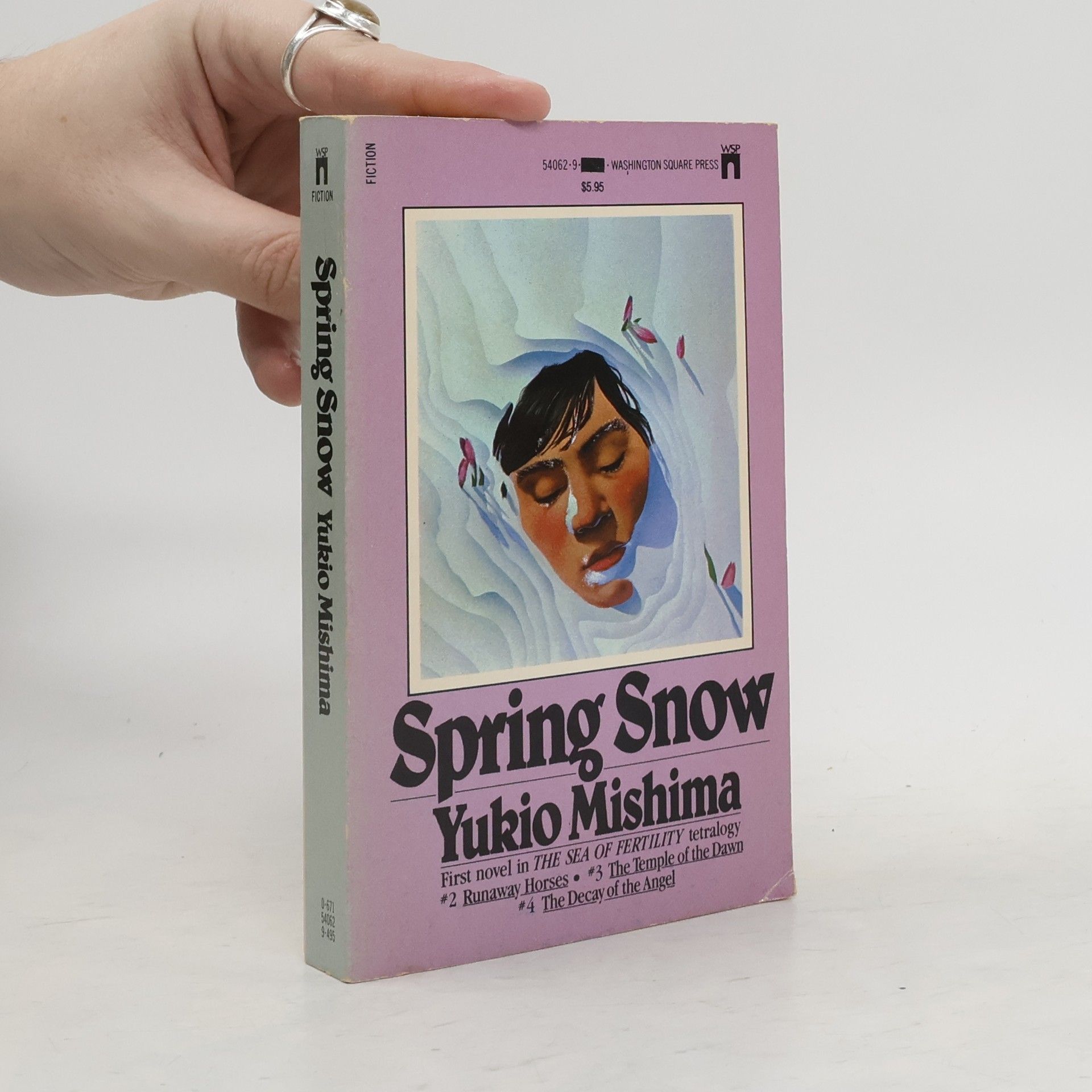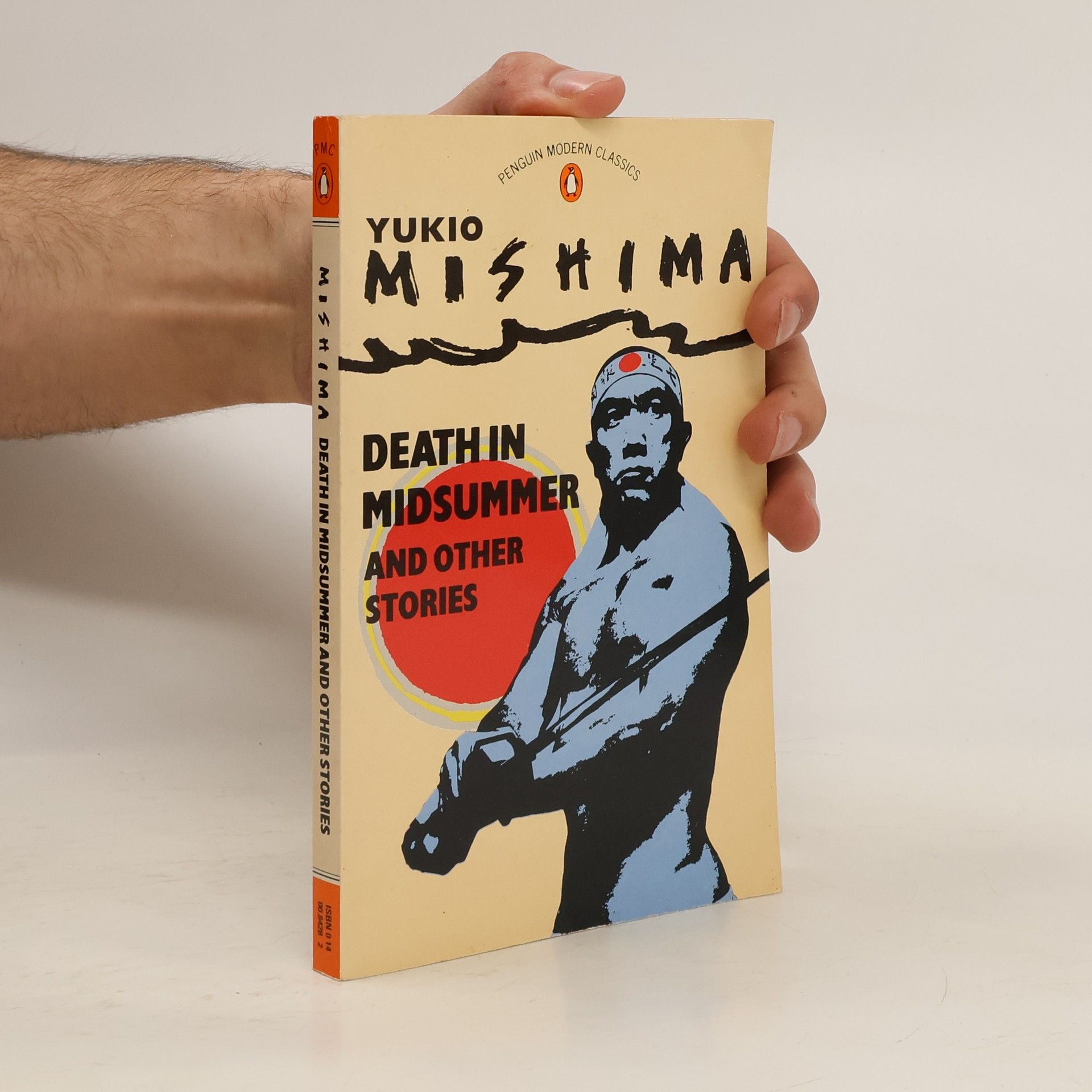Caballos desbocados : el mar de la fertilidad
- 640 páginas
- 23 horas de lectura
Considerada como el testamento ideológico y literario de Yukio Mishima (1925-1970), «El mar de la fertilidad» es una tetralogía en la que el autor abarca a través de su inconfundible mundo narrativo la evolución del Japón desde comienzos del siglo XX hasta los años 1960, expresando su rebeldía contra una sociedad que él con sideraba sumida en la decadencia moral y espiritual. Novela que se centra alrededor de un complot concebido por jóvenes idealistas en 1932 para eliminar a las figuras políticas que han ?traicionado? al Emperador, ?Caballos desbocados? (1969) ?y la narración titulada «La Liga del Viento Divino» que inserta y que relata uno de los más famosos episodios del ocaso de los samuráis? contiene muchasde las claves que explican el ya cercano suicidio ritual del autor.






